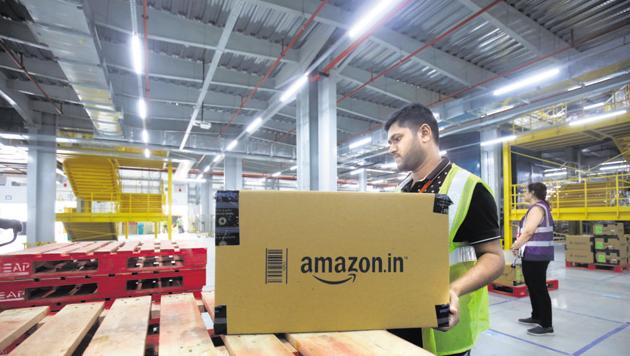India’s festering problem with Big Retail
India’s policy on retail and online retail has generally been confused, and, in addition, also been poorly implemented
India’s uncomfortable relationship with Big Retail, which is foreign, online, or both, continues, with the government preventing online retailers from selling products of companies in which they have stakes and also barring them from entering into exclusive arrangements for merchandise.

To be sure, India has always been clear that it doesn’t recognize retailers, only marketplaces, and companies such as Amazon India and Flipkart have presented themselves as marketplaces, but the government has turned a blind eye to the fact that these companies have stakes in large sellers on their platform. It could well be that the government wanted to avoided getting to the fairly complicated structures of e-commerce companies in the country. Some are registered outside India; and some hold stakes in sellers on the platform through associate firms or subsidiaries.
New guidelines announced on December 26 prohibit e-commerce firms from holding stakes in sellers on the platform; crimp their ability to offer discounts; and prevent them from entering into exclusive deals of the kind that many have with popular mobile phone makers (smartphones account for at least 50% of all e-commerce sales in the country).
Big Retail is a complicated issue. In general, it takes away choice, is bad for small Mom and Pop stores of the kind that dot India, and reduces the bargaining power of producers; but it is efficient and reduces prices for customers. In addition, online marketplaces provide an opportunity for small producers and retailers to sell their offerings to a wider audience and have someone else take care of everything from shipping to customner service to managing the payment gateway.
India doesn’t have any rules against Indian Big Retail, only foreign. And it clearly has a problem with foreign online marketplaces.
The new guidelines are clearly aimed at pleasing the millions of small retailers in India with an eye on next year’s general elections. Both demonetization and the implementation of the unified Goods and Services Tax hurt their business in 2016 and 2017 and this may well be a giveaway to make them feel better going into 2019. That said, India’s policy on retail and online retail has generally been confused, and, in addition, also been poorly implemented. The country’s policy makers would do well to standardize rules for Big Retail, domestic and foreign, and online and offline with an eye on three things: benefits to customers; fair value to producers; and a transparent and competitive ecosystem.






